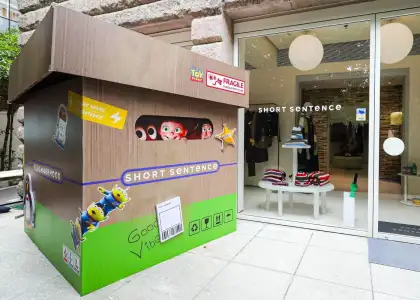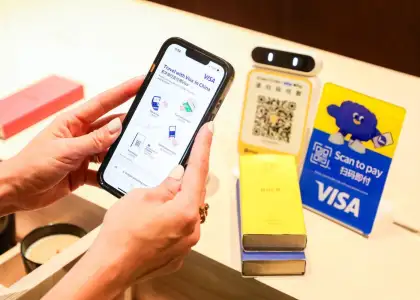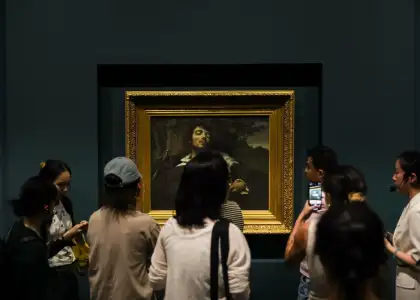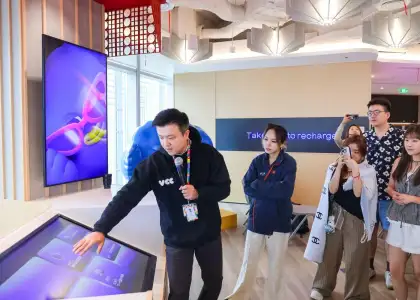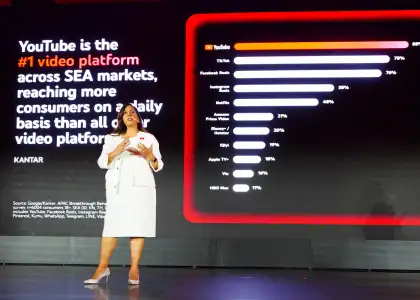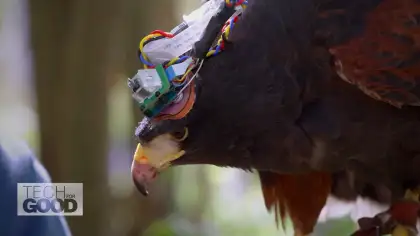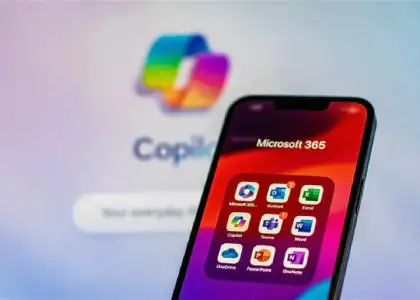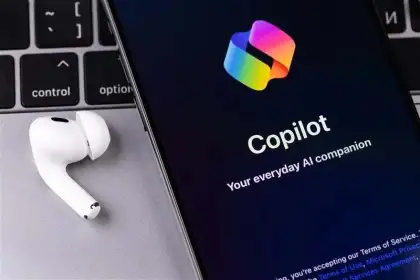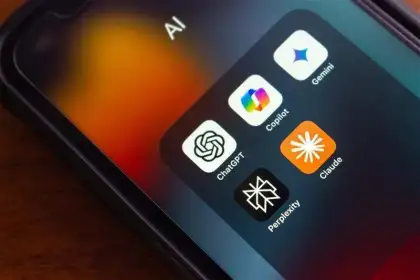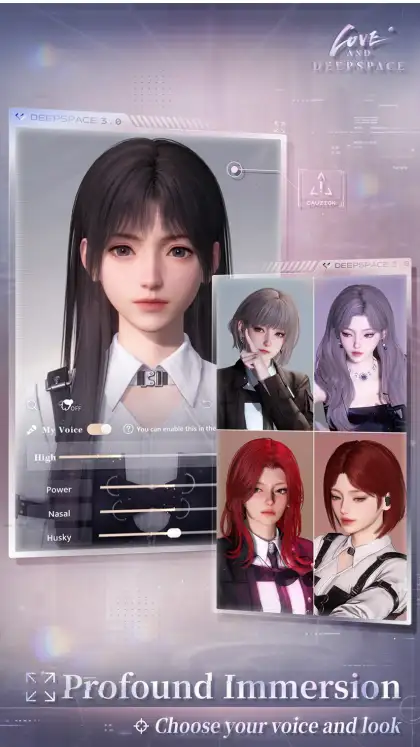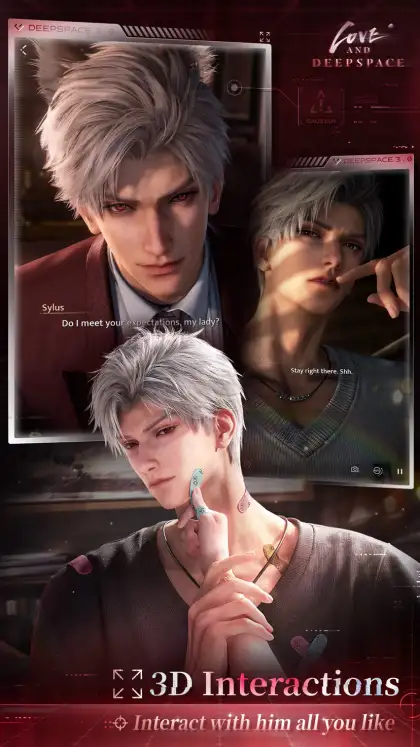Love Online: How AI Is Revolutionizing Dating Simulators
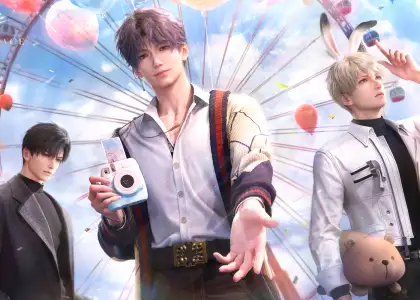
When people think about video games, first-person shooters or racing games like “Mario Kart” often come to mind where the objective is to defeat a strong enemy or acquire a particular grand prize. But there are other games in which the prize has nothing to do with shooting down monsters or reaching the finish line but rather focuses on winning a character’s affection.
Dating simulator games (a.k.a. dating sims) have been entertaining players and captivating audiences worldwide for years now. These games combine immersive storytelling with interactive gameplay that imitates romantic relationships. In other words, it’s a game where you "date" virtual characters (VC).
With the rise of Artificial Intelligence (AI), games have begun to change and these dating sims are at the forefront of this transformation. What began as simple text-based adventures has evolved into complex, AI-driven experiences that have enhanced character interactions, making them feel more dynamic and personalized.
In our latest explainer, we’re looking into how these games have evolved through the years and how AI is changing the game when it comes to the dating simulator genre.
From Linear Narratives to AI-Driven Experiences
It’s no surprise that traditional dating sims began in Japan in the 1980s where there was a focus on creating identifiable characters and narratives within games. If we take a look at the popular video game “Donkey Kong,” the goal has always been to “save the girl” and is implied that doing so automatically earns her affection.
This is basically what dating sims are all about. In their early years, they were heavily influenced by anime aesthetics and storytelling, featuring scripted narratives and simple graphics. “Tokimeki Memorial” (1994) is considered to be one of the pioneers of the genre and is a game where players build relationships with high school characters. Players would navigate romantic storylines by choosing dialogue options — “choices” — to influence the narrative’s direction similar to a “choose-your-own-adventure” game. The early games often had themes of slice-of-life scenarios, comedic misunderstandings, and school romances which appealed to a niche audience.

In the 2000s, we witnessed the rise of AI and virtual companions with chatbots and AI assistants like Microsoft’s Tay and Apple’s Siri, inspiring these games to take on a new, more interactive look.
“LovePlus” (2009), a game developed by Konami for the Nintendo DS console was the first to “remember” past interactions. Various technological advancements also elevated the gaming experience through enhanced graphics, voice acting, and more intricate storylines. These gameplay improvements made it more appealing to the global audience, increasing its popularity beyond Japan.
During this time, dating sim mechanics were also integrated into other genres like role-playing games (RPGs), which added emotional depth to gameplay. Customization was also introduced, which allowed players to tailor characters and explore different romantic paths, encouraging players to be more invested in the game and play them over and over again as the storyline expands.
Today, modern AI dating simulators are taking the lead with advancements in natural language processing (NLP) similar to OpenAI’s ChatGPT and Character AI, making dating sims more immersive. Now we have virtual companions that go beyond just gaming like AI-powered chatbots. Companies like Nekojishi, Voltage Inc., and Love and Deepspace have mastered the art of blending AI with dating sim mechanics to create more realistic virtual relationships coupled with impressive visual art and storytelling.
The Role of AI in Dating Sims
After a brief rundown of its evolution, it’s clear to see that AI has revolutionized the genre —and continues to do so, having introduced adaptive gameplay that creates authentic and responsive virtual relationships.
Back then, dating sims were limited to linear narratives with fixed dialogues and choice options, now AI has given players limitless conversation possibilities and has made interactions more personalized and genuine. Thanks to NLP, VCs can not only adapt to a player’s choices in the narrative but also their tone and preferences, thus creating an entirely unique experience for each individual. It can sometimes give you that eerie feeling that this character, whether they’re 2D or 3D, knows you. Well, they do. If you think about it, they’re retaining information from past conversations and customization settings, and then processing them to develop realistic responses and ones based on their own personalities. Reserved players may encounter more thoughtful and patient characters while outgoing ones may have virtual partners who are more adventurous or bold.
AI has also enhanced storylines to be more adaptive, branching out to more scenarios thus making the gameplay more exciting and worth investing in. This is especially popular in mobile dating sims which gives you the option to purchase “special stories” outside of the main narrative for a certain amount of coins or whatever rewards system the game has.
Visually, AI has made dating sims more attractive with virtual characters embodying more human-like features. Visuals can also be customized based on preferences from their physical attributes to their clothing and accessories. All of these key features combined enhance user experience, reaching a point of realism that was once unimaginable with traditional dating sims.
Benefits of AI-Powered Dating Sims
In a world where the world has become smaller with the rise of the World Wide Web and social media, recent studies have shown causal links between the use of social media and negative effects on one’s well-being.
“What we found overall is that if you use less social media, you are actually less depressed and less lonely, meaning that the decreased social media use is what causes that qualitative shift in your well-being,” said Jordyn Young, a co-author of the study.
We’re not saying that investing in AI dating simulators can altogether cure loneliness but it does offer benefits that improve one’s emotional and mental well-being.
While AI enhances interactions and provides more personalized matchmaking, it fosters a deeper emotional connection. Conversations are more engaging as VCs can respond appropriately while embodying a personality of their own. Although it’s customized to the user’s preferences, it’s exactly this reason that they feel more attracted to them, which makes it easier to feel attached. This personalized feature also ensures that every gameplay feels fresh and unique, mimicking how one would get to know someone in the real world.
Just take a look at Tapple, one of Japan’s largest for-human dating app developers, who just released an AI dating simulator game because they noticed that younger people are growing less active in pursuing romance and marriage — a common issue in many parts of the world today. While they’re not completely shutting down their service for meeting actual people, they’ve added “Koi Suru AI” to their service lineup in the hopes of igniting that spark for romance again, encouraging users to form even more realistic romantic connections with actual people.

Playing AI dating sims also develops empathy, and makes people more understanding and sensitive to other people’s feelings and opinions. Much like being exposed to art like literature and theater, AI dating simulators allow us to listen and access the experiences and emotions of other people whom we might never have the chance to encounter in our daily lives. AI-powered VCs are no longer just characters made with a strict list of features, they can now adapt and evolve throughout the time you spend with them.
This platform also offers a space for intellectual engagement where people can have meaningful discussions and allows diverse interactions, breaking down barriers in terms of culture and social status.
For game developers, on the other hand, AI provides opportunities for innovative storytelling. It gives them the chance to experiment with adaptive narratives and dynamic interactions, ultimately pushing the boundaries of traditional game design. AI also streamlines the process of creating complex narratives and character designs, which in turn allows developers to produce new games more efficiently.
The Future of AI in Dating Simulators
There’s a saying that it only gets better from here, and that couldn’t be more true here. As AI advances, we believe there’s a potential for dating sims to grow and adapt more immersive and interactive features.
Virtual Reality (VR) is at the forefront of this transformation, expected to make experiences more tangible as players begin to interact with VCs in three-dimensional spaces. The integration of AI also presents the potential of going beyond romance and exploring other types of relationships such as friendship and mentorship, which could broaden its target audience.
On top of this, AI is continuously evolving and adapting, so we can expect conversations and responses to remain engaging and fresh over time.
Popular AI Dating Simulators
Want to try your hand at these AI-powered dating sims? Here are some popular applications you can try today.
Replika
This AI companion app allows users to engage in text, voice, and augmented reality interactions. You can personalize your character's background, traits, and interests as they serve as your friend, therapist, or even a romantic partner.
Rizz
This app allows users to create interesting bios, analyze message exchanges, and offer feedback to enhance their dating profiles and conversations. Rizz reportedly has a large global user base of 7.5 million!
Blush
This app helps users practice relationship skills safely and in an engaging environment. Similar to most AI-driven dating sims, you can customize with unique backstories and personalities, and explore various dynamics of relationships to improve your VCs communication skills.
Nomi
This AI-powered companion app is designed to foster deep and meaningful relationships, deeming itself as the “AI Companion with a Soul.” It offers voice chats, real-time selfies, and art generations. Nomi remembers user preferences and personal details, boasting a human-like memory that makes conversations more in tune and authentic, and the overall experience more immersive.
Get the latest curated content with The Beat Asia's newsletters. Sign up now for a weekly dose of the best stories, events, and deals delivered straight to your inbox. Don't miss out! Click here to subscribe.






